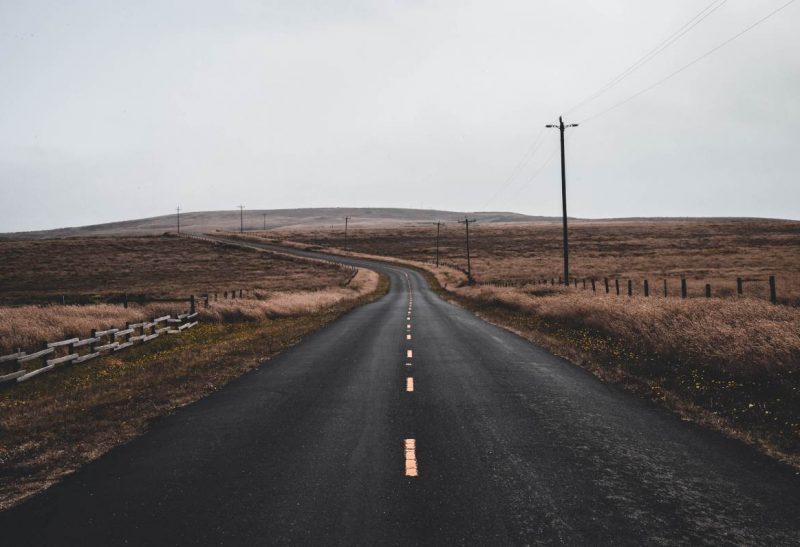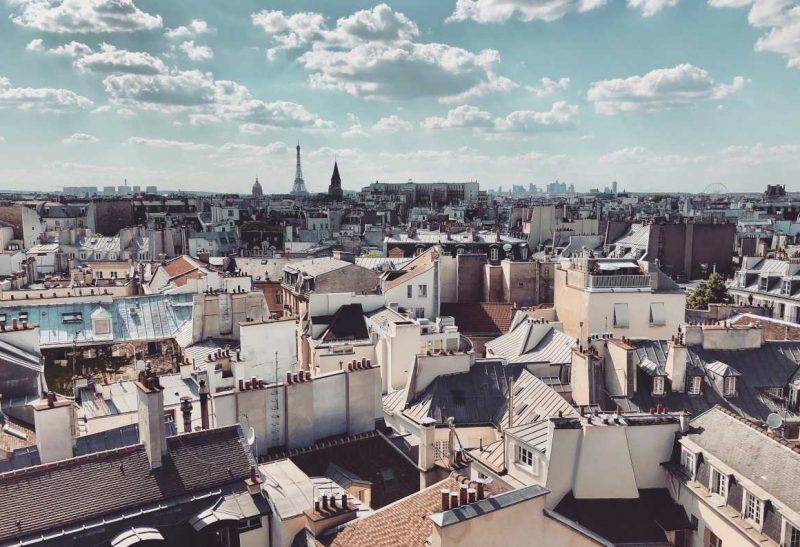
On 24-27 August, Tserakvi, a small village in Georgia close to the country’s borders with Armenia and Azerbaijan, was once again host to the annual One Caucasus Festival (see last year’s
video report
). Bringing together artists, architects, musicians, and volunteers from Armenia, Azerbaijan, Georgia, Poland, and elsewhere, the One Caucasus Festival is billed as “the most inspiring festival in Georgia.”
Funded by the Polish Ministry of Foreign Affairs and Marneuli District Municipality, One Caucasus features four days of music from the South Caucasus and Poland. Aside from the music and workshops, a participatory budget is also included as part of the festival. Last year, the Marneuli Municipality allocated 1.7 million GEL ($680,000) for residents in local villages to decide where and how it is spent.
For three weeks prior to One Caucasus, volunteers work on constructing the festival site. Around 240 applications to volunteer were received this year with 100 coming from Azerbaijan alone. However, only 33, mainly from Armenia, Azerbaijan, Georgia, and Poland, were selected. Nevertheless, applications were received from as far away as Nigeria.




In addition to constructing the festival site, volunteers also held educational and cultural workshops for ethnic Armenian, Azeri, and Georgian children in nearby villages. Here a Georgian volunteer teaches traditional Georgian music and dance to a small group of children from Tserakvi.


Although a cultural event, local boys and young men take part in a traditional wrestling competition on the One Caucasus festival site.

Camilla Mammadova (right), founder of the Azerbaijani-language station
Radio Marneuli
, interviews Armenian jazz singer Marine Hakobyan (left). “One Caucasus was really inspiring for me,” Hakobyan later wrote in a public post on her Facebook page. “Armenians, Azerbaijanis, and Georgians living together in peace and harmony.”

Camping was available for the festival and a daily occurrence was improvised performances by the Baku-based ethno-spiritual world music group Les Gardiens du Silence.


Bands and musicians from Armenia, Azerbaijan, Georgia, and Poland performed at the One Caucasus festival. One of the bands opening the event on a smaller stage was Yogaddin from Azerbaijan.




Headlining the first night of One Caucasus on the main stage was the all-female Georgian folk group Gordela.


Also performing on the first night was the Polish folk and dance fusion band Psio Crew.


A group mainly made up of young people from Azerbaijan, although there were also some Armenians and Georgians among them, dance to the Baku-based Ahmedowsky Trio. The group plays acid jazz fused with mugham. This year the Ahmedowsky Trio released its first EP, Sketches of Vagif, dedicated to the music of Vagif Mustafazadeh.




Armenia’s Vishup Ensemble were a particular favorite and headlined the second day of the festival. A project of flautist, guitarist, and singer Arik Grigoryan, the Vishup Ensemble performs contemporary arrangements of traditional Armenian folk melodies. At the One Caucasus festival in 2015, Grigoryan and his main band, The Bambir, performed with Azerbaijani rock musicians.



Perhaps the main attraction at this year’s One Caucasus Festival was Honored Artist of Azerbaijan Natig Shirinov and his Natig Rhythm Band. Shirinov will perform at a related event, Transkaukazja, in Warsaw, Poland, at the end of this month. Georgia’s Gordela and Armenia’s Vishup Ensemble will also play at the event.










